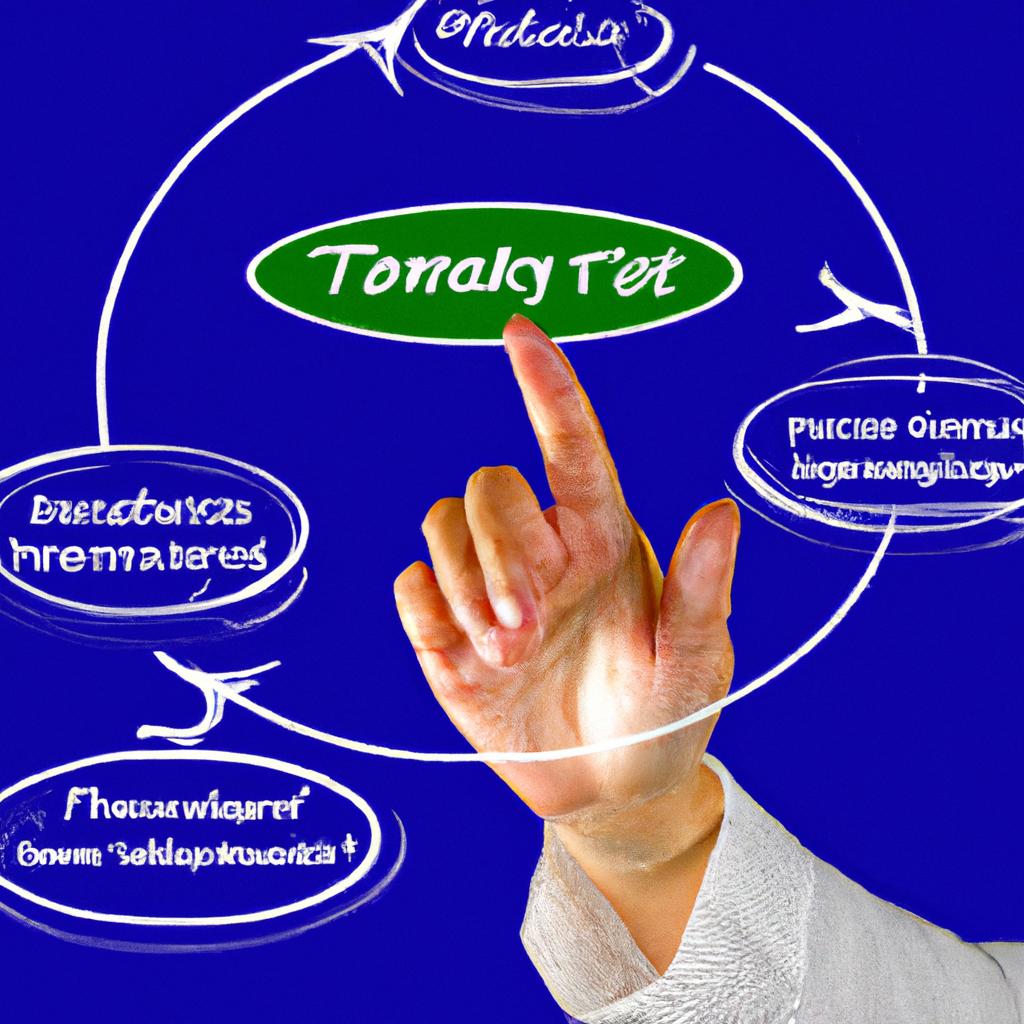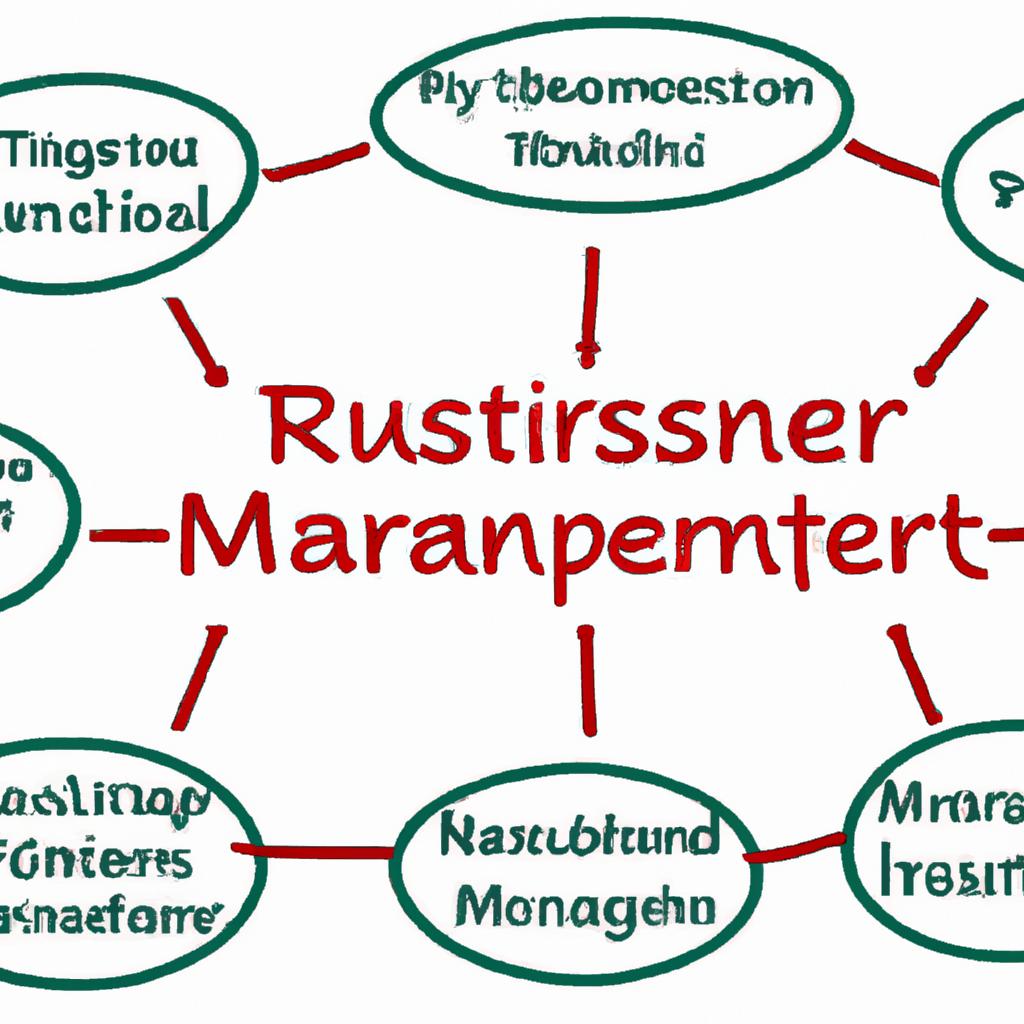In the intricate realm of trust management, the pivotal question remains: Who is the best person to oversee the administration of a trust? As seasoned legal practitioners at Morgan Legal Group, based in the bustling metropolis of New York City, we navigate the complexities of estate planning with precision and expertise. In this article, we delve into the qualities and qualifications that define the ideal candidate for the meticulous task of trust management. Join us as we unravel the intricacies of this pivotal role in ensuring the smooth and efficient execution of a trust.
Suitability of Trust Management
When considering the , it is crucial to carefully select the individual who will oversee this important responsibility. The trustee plays a vital role in managing the assets and ensuring that the wishes of the trust creator are carried out effectively. It is essential to choose someone who is trustworthy, responsible, and knowledgeable about financial matters.
Moreover, the best person to manage a trust should possess the following qualities:
- Integrity: The trustee must act honestly and in the best interests of the beneficiaries.
- Financial Acumen: A good understanding of investment strategies and financial management is essential for effective trust administration.
- Organizational Skills: The trustee should be organized and able to keep accurate records of all trust transactions and activities.

Qualifications and Expertise Required
Educational Background:
- A Juris Doctor (JD) degree from an accredited law school.
- Specialization in estate planning, trust administration, or probate law.
- Continuing legal education in relevant areas.
Professional Experience:
- Minimum of 5 years of experience in managing trusts.
- Familiarity with state laws governing trusts and estates.
- Proven track record of successfully managing trusts for clients.
| Qualification | Importance |
|---|---|
| Juris Doctor degree | Essential for legal expertise. |
| 5+ years of experience | Demonstrates proficiency in trust management. |

Responsibilities of a Trust Manager
As a Trust Manager, it is crucial to handle the responsibilities that come with managing a trust with utmost care and precision. Here are some key duties that a Trust Manager must fulfill:
- Administering the trust according to the terms set forth in the trust document.
- Investing and managing trust assets in a prudent manner to maximize returns for the beneficiaries.
- Distributing income and principal to the beneficiaries as stipulated in the trust.
- Communicating regularly with beneficiaries and keeping them informed about the status of the trust.
Moreover, a Trust Manager must adhere to the highest ethical standards and act in the best interests of the trust beneficiaries at all times. This involves maintaining accurate records, preparing tax returns for the trust, and working closely with legal and financial professionals to ensure compliance with all applicable laws and regulations.

Choosing the Right Trust Manager
When it comes to selecting the right individual to manage a trust, it is crucial to consider various factors to ensure that the trust is handled effectively and efficiently. The role of a trust manager is a significant responsibility that requires a person with the necessary skills and expertise to carry out the duties.
Some key considerations to keep in mind when choosing the best trust manager include:
- Experience in trust administration
- Knowledge of estate planning laws
- Trustworthiness and reliability
- Communication and organizational skills
Q&A
Q: Who is the best person to manage a trust?
A: The best person to manage a trust is typically someone who is trustworthy, organized, and has a good understanding of financial matters. It is important to choose someone who will act in the best interests of the beneficiaries and follow the terms of the trust closely.
Q: What qualities should the trustee possess?
A: The trustee should possess qualities such as honesty, integrity, strong communication skills, and the ability to make sound financial decisions. They should also be detail-oriented and able to handle complex tasks.
Q: Can a family member be a good trustee?
A: Family members can make good trustees, as they may have a deeper understanding of the family dynamics and preferences. However, it is important to select a family member who is able to set aside personal biases and act impartially in the best interests of the trust and its beneficiaries.
Q: Are there any professional options for trustees?
A: Yes, there are professional options for trustees, such as lawyers, accountants, and financial advisors. These professionals can bring expertise and experience to the role of trustee, but may also charge fees for their services.
Q: What should be considered when choosing a trustee?
A: When choosing a trustee, it is important to consider factors such as their financial acumen, availability, ability to handle conflicts of interest, and willingness to take on the responsibilities of managing a trust. It is also advisable to discuss the role with potential trustees beforehand to ensure they are comfortable with the responsibilities involved.
Insights and Conclusions
In conclusion, the question of who is the best person to manage a trust is not easily answered. It ultimately comes down to the specific needs and circumstances of the trust in question. Whether it be a professional trustee with years of experience or a trusted family member with a deep understanding of the beneficiaries’ needs, the right choice will depend on a variety of factors. It is essential to carefully consider all options and seek professional advice before making a decision. Ultimately, the best person to manage a trust is the one who can effectively carry out the responsibilities with integrity, transparency, and a genuine concern for the beneficiaries’ well-being. Trust management is a crucial task that requires careful consideration and diligence to ensure the trust’s success.






